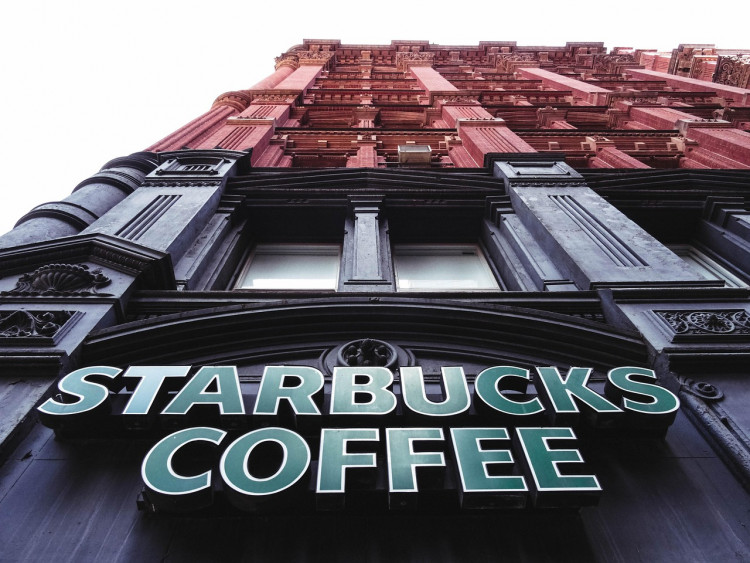Starbucks is reorganizing its business in China, transferring majority control of its extensive retail network to private equity firm Boyu Capital as the U.S. coffee chain confronts slowing sales and intensifying competition in the world's second-largest consumer market. The move marks one of the most significant strategic pivots the company has made since entering China more than two decades ago, reflecting the challenges of adapting to rapidly evolving local tastes and rising homegrown rivals.
Under the agreement announced on November 3, 2025, Boyu Capital will take a 60% stake in a new joint venture that will oversee Starbucks' Chinese retail operations, which include more than 8,000 stores. Starbucks will retain a 40% stake along with ownership of its brand and continued collection of licensing fees. The joint venture structure revises Starbucks' long-held model of maintaining tight control over its market presence in China.
The shift comes amid steady erosion of the company's market share. Domestic competitor Luckin Coffee has aggressively expanded to tens of thousands of stores in China, using technology-driven ordering systems, lower pricing, and rapid product experimentation to appeal to younger consumers. Starbucks' same-store sales in China have struggled through the past two years, pressing the company to seek new avenues for growth.
Brian Niccol, Starbucks' chairman and CEO, framed the partnership as the beginning of a new chapter. "We've found a partner who shares our commitment to a great partner experience and world-class customer service. Together, we will write the next chapter of Starbucks' storied history in China," he said. Starbucks emphasized that Boyu's network, government relationships, and consumer insights will help accelerate expansion.
Alex Wong, a partner at Boyu Capital, said the joint venture seeks to leverage complementary strengths. "Together, we aim to combine Starbucks' global coffee leadership with Boyu's market insights to accelerate growth and create exceptional experiences for millions of customers," Wong said.
The valuation of Boyu's new 60% stake is estimated at approximately $4 billion, while Starbucks places the total value of its China retail business at more than $13 billion. The joint venture model includes ongoing licensing fees and the net present value of future revenue tied to the Starbucks brand.
The agreement comes alongside weakening financial performance. For the fiscal year ending September 28, 2025, Starbucks reported revenue of $37.2 billion, up 2.8% from the prior year. But net earnings attributable to the company fell to $1.8 billion, a decline of more than 50%. New store openings slowed sharply as the company reevaluated growth plans during broader economic uncertainty.
The joint venture will require regulatory approval, with both companies expecting finalization in the second quarter of fiscal 2026. T





